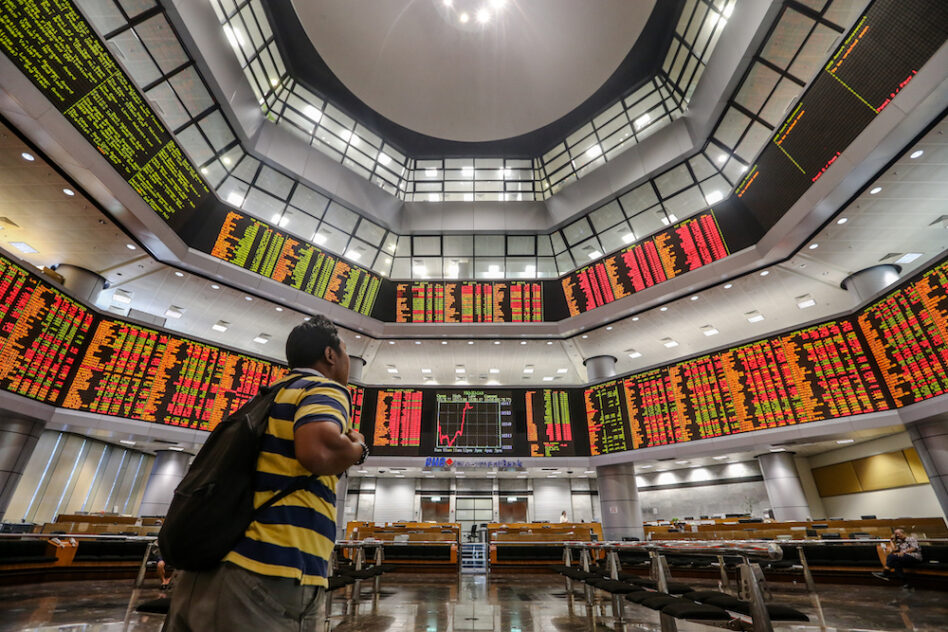By Devanesan Evanson
A STATE of flux is probably an apt description of the twists and turns at NWP Holdings Berhad.
Lately, the Board of the timber products manufacturing and trading company is facing a fresh round of challenge from its shareholders.
On 15 April 2021, two shareholders by the name Datuk Seri Mak Hon Leong and Tan Vei Teck, who collectively held more than 10% of shares in NWP, requested to convene an extraordinary general meeting (EGM) to seek shareholders’ approval on 11 resolutions including the appointment of three new directors (including the two requisitioners) and the removal of seven incumbent directors.
It was stated in the announcement to Bursa Malaysia that the EGM would be conducted virtually via remote participation on May 19, 2021.
Mak was a non-independent non-executive director of NWP from June 17, 2016 till Sept 30, 2020 before he resigned due to other work commitments.
What is brewing in NWP?
As reported in the press, there has been confusion and allegations at the EGM. Several incumbent directors including NWP’s executive director Datuk Chu Boon Tiong showed up at the broadcast venue due to shareholders’ complaints on the integrity of proxy forms. Then, Chu declared that the EGM be adjourned to two weeks later.
However, the requisitioners were unperturbed and carried on the meeting on their own accord. They then claimed that more than 80% of the shareholders and proxies who took part in the virtual meeting voted for the proposals to appoint three new directors and remove six existing board members.
As of the time of writing, NWP has not made any announcement on the changes to the Board based on the outcome of the EGM. This indicates that the company does not accept the results of the EGM conducted by the requisitioners.
In announcements to Bursa Malaysia, the Board of NWP questioned the validity of the EGM and stressed that the notice of the EGM does not constitute a valid notice of EGM to shareholders.
On May 24, NWP announced that the adjourned EGM will be held virtually on June 11, 2021 via remote participation and voting. The requisitioners, however, stressed that the outcome from the meeting held on May 19 was valid and should be recognised.
In fact, boardroom dispute is not new for NWP. Recall that back in early 2020, two shareholders who claimed to hold 12.1% in the company, sought an EGM to remove its then executive director Wong See Ming from its board.
Things to consider
Despite the convoluted twists and turns, the requisitioned EGM is an example of shareholder activism in practice. Section 311 of the Companies Act 2016 states that directors of a company shall call for a meeting of members once the company has received requisition to do so from members representing at least 10% of the paid-up capital of the company to move the proposed resolutions.
In the case of NWP, the question will be whether the requisitioners had carried out the required and necessary procedures to hold a valid EGM. If they have done so, the Board should acknowledge the results of the EGM.
Secondly, there is the allegation on the integrity of proxy forms and whether they were valid. There are also allegations that the validity of the proxy forms was a ruse to disrupt the results of the requisitioned EGM with the intention to adjourn it to later date to buy time.
To be fair, onlookers have no idea which of the allegations have a basis. Minority shareholders require clear answers on the allegations.
Thirdly, the real reasons for the brewing disagreement and conflict needs to be known.
A quick check shows that NWP has been making losses for years – at least since FY2016 (see table below). The current economic downturn arising from the COVID-19 pandemic may further exacerbate business operations, worsening its loss-making position.
This could be motivation enough for some minority shareholders to think that they could do a better job in turning around NWP if they became directors of NWP. – May 31, 2021
Devanesan Evanson is the CEO of the Minority Shareholders Watch Group (MSWG)
The views expressed are solely of the author and do not necessarily reflect those of Focus Malaysia.









